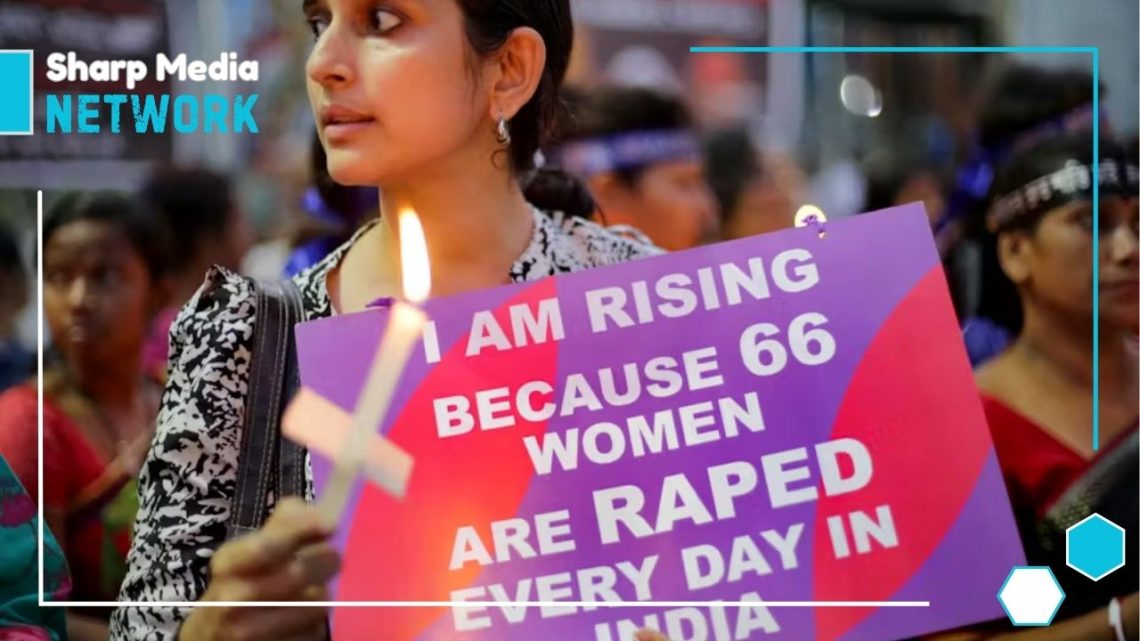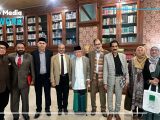
National Women’s Day in India: A Complete Contrast to the Reality of Gender Violence
February 13, 2025As India celebrates National Women’s Day on February 13, the nation faces a harsh reality—women continue to endure widespread violence, with alarming statistics highlighting the country’s position as a global leader in rape and gender-based violence
While India marks National Women’s Day every year on February 13, the grim truth remains that women across the country continue to suffer from violence and abuse on a daily basis. A recent report has brought attention to the disturbing increase in crimes against women under PM Narendra Modi’s government, revealing that India leads the world in cases of rape and gender-based violence.
The report highlights that in India, one rape occurs every 16 minutes, and a woman is gang-raped every 30 hours. Delhi, the country’s capital, has earned the notorious distinction of being the “rape capital of the world.” Many of these incidents go unreported, as societal stigma and systemic failures discourage victims from coming forward.
Further, the report points out the systemic discrimination women face, often being treated as second-class citizens. New Delhi, in particular, has been ranked among the most dangerous cities for women, with crimes against women continuing to rise at an alarming rate. Additionally, the report condemned the Indian military’s use of rape as a weapon of war in Indian Illegally Occupied Jammu and Kashmir (IIOJK), where women endure unimaginable suffering.
The global concern over the treatment of women and human rights abuses in IIOJK has also been raised by an international delegation, which recently briefed prominent human rights activist Azmi. They expressed deep concern over India’s ongoing efforts to impose a Hindutva agenda in IIOJK, including the construction of temples to alter the region’s Muslim identity. The delegation warned about the demographic changes being imposed and the broader efforts by India to erase IIOJK’s unique cultural identity.
The delegation further assured their commitment to raising awareness about the situation in IIOJK and the human rights violations taking place, both within India and on international platforms. The ongoing crisis in IIOJK is a dire reminder of the broader systemic issues facing women in India and the region, as well as the urgent need for global intervention and reform.

